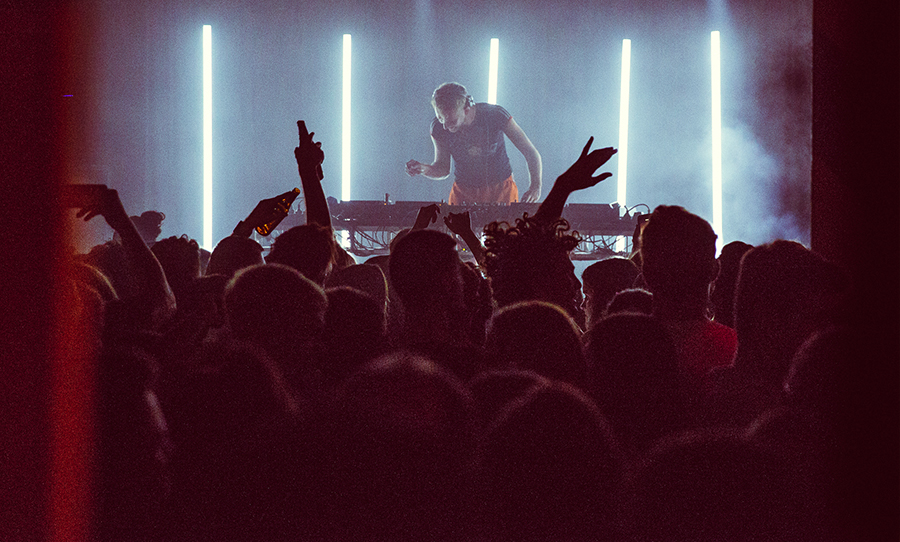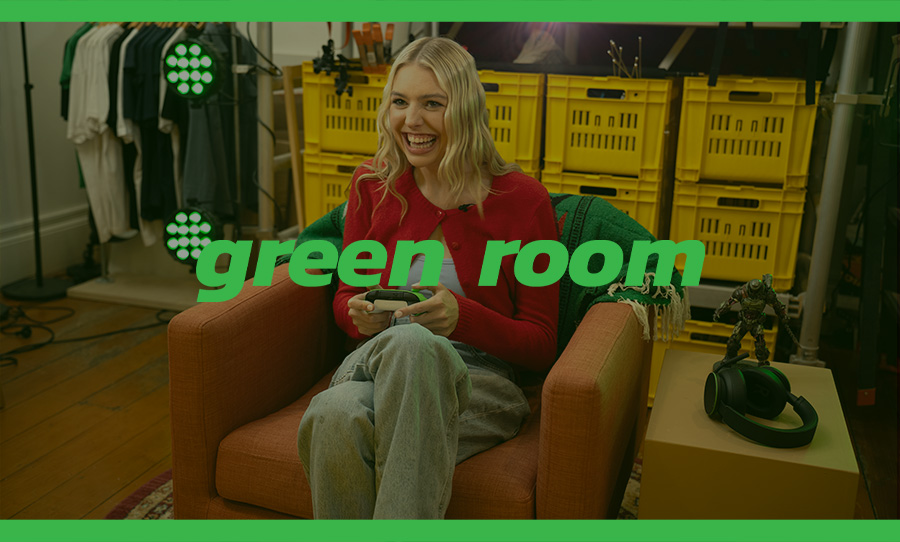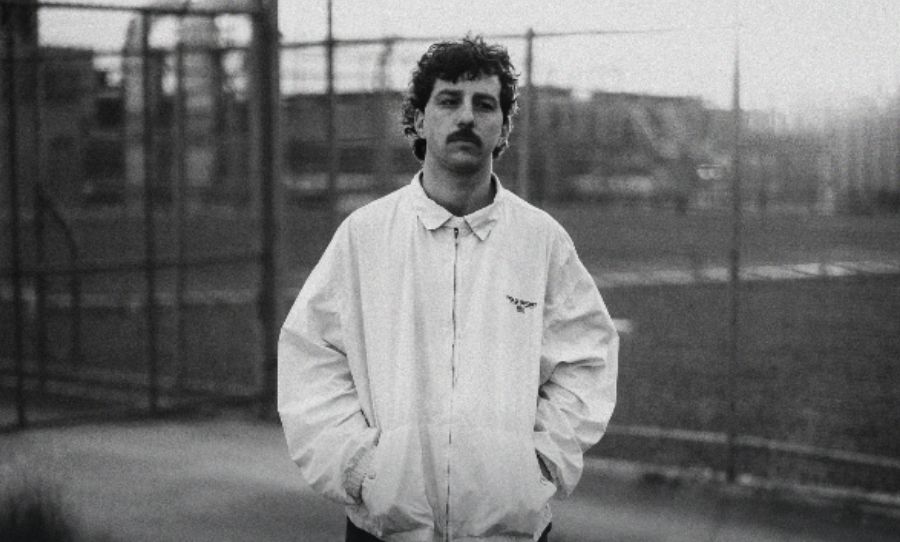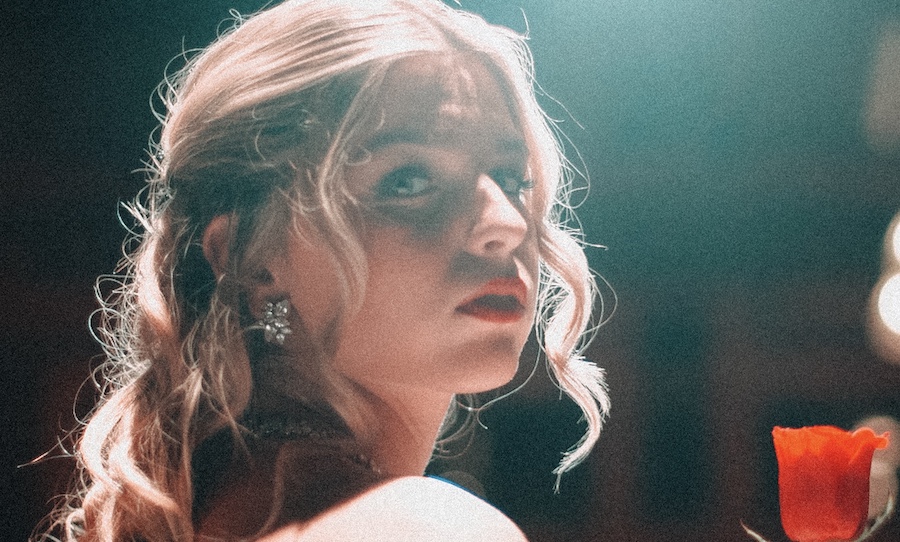We look at the different ways to get booked on the shows you want, and what to do once you’ve got the gig
Consistently playing live is one of the most important things any artist can do to develop their career. If you are fresh on the scene, playing lots of shows is an incredibly powerful way to connect with audiences, build a following, and promote upcoming releases.
Initially, booking gigs can often feel a little overwhelming, especially if you are doing so without the support of a label, booking agent or management. For new bands, local gig scenes can sometimes feel impenetrable. But don’t worry, we’re here to help out. Here’s a few tips that’ll help you book your next show.
What You’ll Need
Before you go asking venues and other artists for live slots, you’re going to need some promotional info that’ll introduce you and your music. This includes:
- A link to your music: Spotify, Bandcamp, SoundCloud. Keep it digital, and share streamable links. This way promoters and local venues can easily access your music.
- A press kit. This is an online document that includes a band bio, high-res band photos, social media links, and any press coverage you might have had.
Approaching Venues
Once you’ve collected these assets, it’s time to start networking and getting your name out there. To get gigs, you’re going to need to be pro-active. No more waiting around for opportunities to come to you.
The first thing you can do to create opportunities is to reach out to local venues.
Sending a simple email to local venues that you’d like to play at with links to your music and press kit can easily lead to a gig. Whether it be a headline slot or as a support act, most local venues are willing to give local artists a chance – but you’ve got to make yourself known to them.
When making that first enquiry, make sure you go in with an idea of when you want to play. Asking for a gig “whenever” doesn’t send a very good message, and it’s likely the venue won’t take you too seriously. Put together a window of preferred dates and present these dates to the venue or promoter. Of course, ensure that every member of your band is available for said dates before presenting them.
Also, make sure you use correct punctuation and grammar. When reaching out to prospective employers, “hey i woz seeing if u need any1 to play ur venue soon” won’t cut it.
Apps
Like so many other things in the modern world, apps and digital tools have become a powerful way for artists to create new opportunities when it comes to getting booked on gigs. While traditional venues like pubs and clubs are the core of live music, online platforms such as Six8 are connecting artists and audiences in new ways.
Six8 allows artists to create a profile to showcase their music to prospective ‘hosts’ – people looking to book a live event. This could be anything from a house party to a wedding to a backyard BBQ. Musicians can showcase their skills, set their own rates and connect with other musicians easily; and hosts can easily search for artists based on genre, listen to their music and book and pay for musicians in one place.
Established in a similar vein to AirBnB, users can rate, review and comment on artists’ profiles so other hosts know what they’re getting before booking. And the same goes for artists rating hosts. Check it out here!
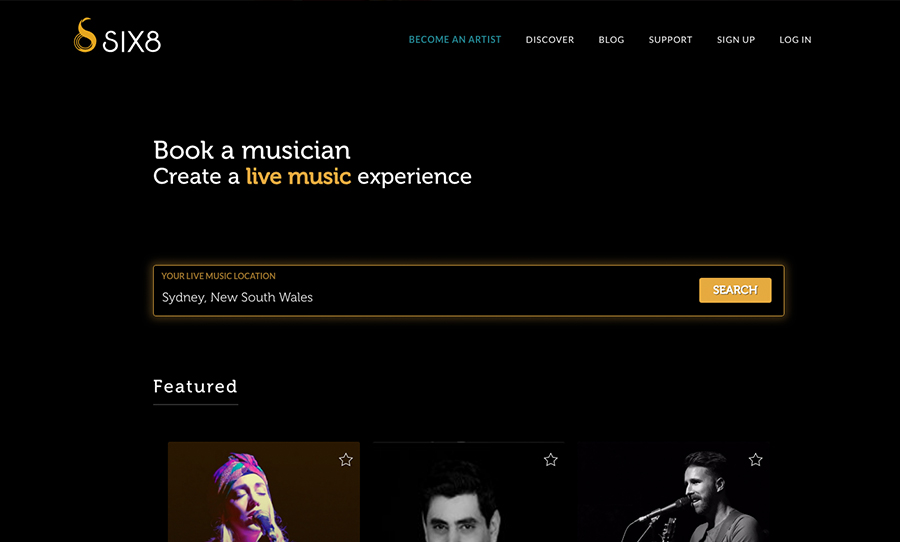
Hitting Up Other Bands
Another great way of putting together gigs is reaching out to other local bands. If you know of any other bands in your area who are making similar music to you, or bands that you just really like, chuck them a message. Send them a link to your music, and ask about possibly putting on a show together. You’ll be surprised at how many bands will be eager to collaborate.
Once you’ve put together a show with another band, try your best not to be a dickhead. If they like you, chances are they’ll invite you back some time for another show.
Working With a Booking Agent
Working with a booking agent is the most efficient and lucrative way to book gigs and develop your career through live performance. But how do you get a deal with one? And do you actually need one?
Let’s start with the latter. No, you don’t need an agent to book shows, the points above would be redundant if you did. That being said, you will get to a point after working independently that you’ll find you’ve hit a ceiling with the calibre of venues you can play and the bands you are supporting. A booking agent’s job is to use their connections within the entertainment industry to get you booked on bigger and better shows and explore every possible opportunity available to give you exposure through live performance.
So, how do you get a deal with a booking agent? The first, most valuable piece of advice we can give is to spend time doing it yourself before you even think about it. Most agents won’t even consider you unless you can prove you have chops live, you have built an audience through live performance, and there is some kind of hype around you. In fact, most of the time, agents will approach you before you get a chance to approach them. It’s their job to be acutely aware of who is vibing at the moment, and who will be a great asset to their company.
A few of the key things booking agents look for include:
• A solid audience
• Prior press or radio play
• A team of people working for you. This might mean a label, management, or publicist.
• A good work ethic (play lots of good shows!)
• Good social metrics (Facebook fans, Twitter followers and Instagram followers, with good engagement from each).
Some of the most prominent booking agencies in Australia that you might want to set your sights on include:
Remeber that every agency is different, and while diverse, there may be some that are more suitable than others. Have a look at the roster of an agency you’d like to work with – if they seem like a good fit, send them your music, press kit and invite them to a show.
Once You’ve Got The Gig
So, you’ve landed yourself a couple of live shows. Well done. But the experience isn’t over. There are still a few things you’ll need to consider.
Promotion
Once you’ve landed a gig, the most important thing to consider is promotion. Without some solid promo, no one will attend your gig and it’ll be a bad night all ’round. So put it all over Facebook, invite your friends, print posters, tell your local radio station and press, get in every gig guide you can think of, grab people by the lapels and scream it in their face. Whatever it takes. Nobody likes playing to an empty room.
Backline
Backline is a term used to describe the core equipment a band uses on-stage, i.e. amps and a drum kit. Usually before a show, whatever bands are playing the gig will contact one another and organise this. Often, one band will bring a drum kit for al bands to use, with drummers bringing their own individual breakables. Bands will also often share guitar and bass amps. Always make sure this has been organised before rocking up to a gig.
The Money Situation
When talking with a venue or promoter, be sure to bring up payment prior to the show. This way you know exactly where you stand before the night, and there won’t be any nasty surprises afterwards.
A lot of venues will guarantee you a certain amount for your set, while other venues will give you a cut of the door (this refers to a cut of the profit made from ticket sales). Once you’ve organised with the venue how much (or what percentage) you’ll be getting paid, you may need to organise splitting the money between each band. If you booked the show, this will be your responsibility. If another band or promoter booked the show, this will be their responsibility.
Play Well
Of course, the most important element of any gig is playing well. Laying down a great set will always increase your chances of being noticed by fans, booked to play other shows, invited to play at a venue again, and so on. The world is your oyster.
